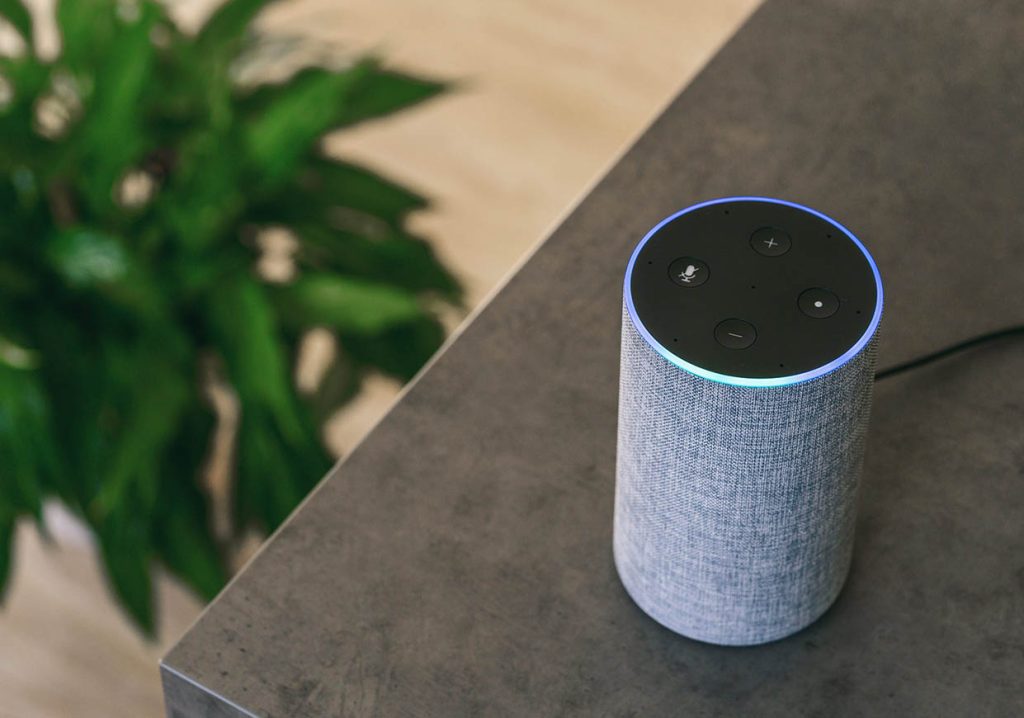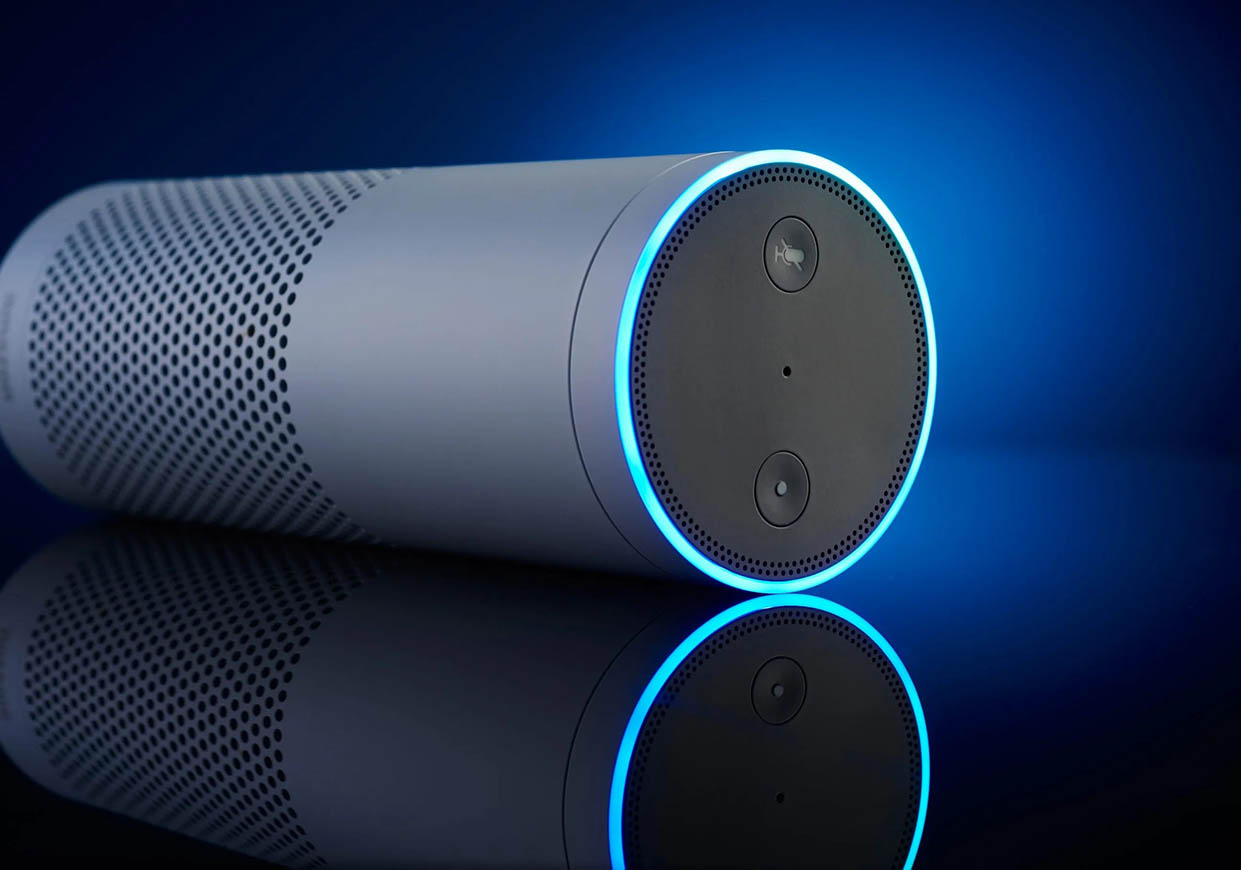In the rapidly evolving world of technology, voice assistants have become indispensable tools in our daily lives. Whether it’s controlling smart home devices, retrieving information, or managing everyday tasks, voice assistants are increasingly prevalent. Recently, Amazon announced that its Alexa voice assistant will integrate Claude AI, a move that has garnered significant attention from both the tech industry and consumers alike.
Current State of Amazon’s Voice Assistants
Amazon’s Alexa voice assistant first launched in 2014, and its voice recognition and natural language processing capabilities were considered cutting-edge at the time of its release. However, as technology has advanced and user expectations have evolved, the initial version of Alexa has started to reveal certain limitations. The most notable issues include:
Challenges with Wording and Responses
The initial version of Amazon’s Alexa, while revolutionary at its launch, has faced several challenges in understanding user intent and generating appropriate responses. These issues can significantly impact the user experience and stem from various factors:
- Understanding User Intent: One of the primary difficulties is Alexa’s ability to accurately interpret user intent. The voice assistant relies on algorithms that process spoken language, but these algorithms sometimes struggle with complex or nuanced commands. For instance, if a user provides a multi-part instruction or phrasing that deviates from common patterns, Alexa may misinterpret the request. This is particularly evident with requests that involve context, such as asking about a series of related tasks or nuanced preferences.
- Handling Ambiguity: Alexa’s response accuracy can also be affected by ambiguous or vague instructions. When users ask questions or give commands that lack specific details, Alexa may provide generic answers or ask for clarification. For example, if a user says, “Set a timer,” without specifying the duration or purpose, Alexa might not understand the exact need and could respond with a request for more information.
- Complex Instructions: More complex instructions or tasks that require multi-step processes can pose a challenge for the initial version of Alexa. For example, if a user wants to schedule a meeting, set up reminders, and send a message, Alexa might struggle to execute all the steps correctly if not provided in a specific sequence or if the request involves integration with multiple apps.
- Uncommon Phrasing: Alexa’s voice recognition algorithms are optimized for common phrases and typical speech patterns. When users phrase their requests unusually or use less common vocabulary, Alexa might fail to understand or correctly respond. This limitation can result in frustration when users encounter scenarios that deviate from standard usage patterns.
These challenges with wording and responses can lead to inaccurate or irrelevant answers, diminishing the overall user experience. As a result, users might find themselves repeating commands, rephrasing requests, or manually intervening to correct misunderstandings, which can detract from the convenience and efficiency that voice assistants are meant to provide.
Limited Intelligence
In addition to issues with understanding and responding to user inputs, the initial version of Alexa faced limitations in terms of overall intelligence and capability. While Alexa is proficient at handling a range of basic tasks, it often falls short in more advanced areas:
- Basic Task Management: Alexa excels in managing simple tasks such as playing music, setting alarms, and controlling smart home devices. These functionalities are well-supported and executed efficiently. For example, users can ask Alexa to play a specific song or turn off the lights, and the assistant performs these tasks effectively.
- Handling Complex Conversations: Despite its strengths in basic tasks, Alexa’s ability to engage in complex conversations is limited. For instance, if a user tries to have an extended dialogue or discuss topics that require a deeper understanding of context, Alexa might struggle to maintain coherence and relevance. This limitation can hinder the assistant’s effectiveness in providing meaningful interactions and addressing more nuanced queries.
- Multi-Step Tasks: Alexa’s effectiveness in handling multi-step tasks is another area where its intelligence is limited. Tasks that involve several stages or require integration across multiple applications may not always be executed seamlessly. For example, if a user asks Alexa to book a flight, set up a calendar event, and send a confirmation email, the assistant might face challenges in coordinating these actions and ensuring they are completed correctly.
- Learning and Adaptability: The initial version of Alexa had limited learning and adaptability capabilities. While it could improve its responses over time based on user interactions, its ability to adapt to individual preferences and learn from diverse user inputs was constrained. This lack of adaptability impacted the assistant’s overall effectiveness in providing a personalized and intuitive experience.

The limited intelligence of the initial version of Alexa affected its ability to provide a seamless and intuitive interaction. Users may have found that while Alexa performed well with straightforward tasks, it was less capable of handling more complex scenarios and dynamic conversations. The integration of Claude AI aims to address these limitations by enhancing Alexa’s natural language understanding and dialogue management capabilities, ultimately improving the user experience.
Introduction of Claude AI
To address these challenges, Amazon has decided to integrate Claude AI, a sophisticated language model developed by a leading AI company. The integration of Claude AI aims to enhance Alexa’s capabilities and overcome its existing limitations. The key advantages of Claude AI include:
- Advanced Language Understanding: Claude AI boasts superior natural language understanding, allowing it to interpret user intentions more accurately and generate more relevant and natural responses. This enhancement results in smoother and more intelligent conversations with Alexa.
- Improved Dialogue Management: Claude AI features advanced dialogue management techniques that enable it to handle more complex interactions and multi-step tasks. Users can engage in more natural conversations with Alexa without worrying about the assistant failing to grasp their needs.
- Personalized Experience: Claude AI can also provide a more personalized experience by leveraging user preferences and historical data. This personalization improves user satisfaction and enhances the overall usefulness of the voice assistant.
Other Notable Voice Assistants in the Market
In addition to Alexa, several other voice assistants have garnered attention in the market. Here are some recommended voice assistants and their key features:
1. Google Assistant
- Developed by: Google
- Features:
- Powerful Voice Recognition: Google Assistant utilizes Google’s robust search engine to deliver accurate information and answers.
- Wide Compatibility: It supports a range of devices and platforms, including Android devices, Google Home, and other smart home products.
- Personalized Services: By syncing with Google accounts, Google Assistant offers personalized recommendations and reminders.
2. Apple Siri

- Developed by: Apple
- Features:
- Deep Integration: Siri is deeply integrated into the Apple ecosystem, enabling seamless operation across iPhones, iPads, Macs, and other Apple devices.
- Privacy Protection: Apple emphasizes user privacy, with Siri’s data processing and storage adhering to strict privacy policies.
- Simple Voice Interaction: Siri is known for its straightforward and intuitive voice interactions, making it suitable for everyday use.
3. Microsoft Cortana
- Developed by: Microsoft
- Features:
- Office Integration: Cortana is deeply integrated with Microsoft Office and Windows systems, making it ideal for business users and office environments.
- Cross-Platform Support: It supports Windows, Android, and iOS devices, providing a consistent user experience across platforms.
- Smart Assistant Functions: Cortana helps users manage schedules, set reminders, and perform various everyday tasks.
The integration of Claude AI into Amazon’s latest Alexa voice assistant represents a significant advancement in voice assistant technology. By enhancing language understanding and dialogue management capabilities, Claude AI aims to address the existing shortcomings of Alexa and provide users with a more intelligent and personalized experience. Meanwhile, other voice assistants like Google Assistant, Apple Siri, and Microsoft Cortana offer their unique advantages and applications. Choosing the right voice assistant that aligns with personal needs an



